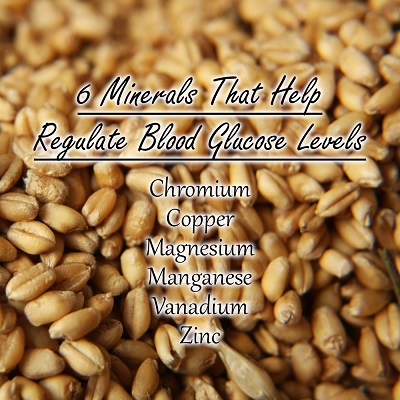 Many people over the age of fifty are at risk of diabetes. This is in part because our calorific needs are much lower, and in part because our pancreas and kidneys are not working as well as they used to.
Many people over the age of fifty are at risk of diabetes. This is in part because our calorific needs are much lower, and in part because our pancreas and kidneys are not working as well as they used to.
When our calorific needs are so low, we are at constant risk of overeating, and may experience a strong urge to graze rather than eat solid meals.
Grazing too often on sweet foods we do not need can lead to elevated blood glucose.
Likewise, if our pancreas is not producing the right amount of insulin, we are at risk of elevated blood glucose, and if our kidneys are unable to get rid of excess glucose we are at risk of elevated blood glucose.
These are things we are not in much control of, though. We can’t change our appetite, or reverse degeneration of our pancreas and kidneys.
However, there are ways we can influence our blood sugar levels. And one of these ways is by consuming the right amounts of the right minerals.
Minerals are essential in the biological processes which help us to regulate our blood sugar. It is very common for people with unbalanced blood glucose, whether or not they are diabetic, to have mineral deficiencies. Minerals are needed for our insulin to do its job properly.
If we do not have enough insulin moving glucose where it is needed, our blood sugar gets too high. But if we have too much, our blood sugar can drop too low. There are six main minerals that help with this.
Chromium
Chromium is the first on our list, as it is directly responsible for insulin binding to cells and encourages cells to receive insulin. This helps to fight insulin resistance and hyperglycemia.
Copper
Copper levels tend to be low in people who have had a blood glucose imbalance a long time. Too little copper makes your immune system weak, so even though this deficiency is a result of unbalanced blood sugar, it could also be part of the reason why you are not recovering.
Magnesium
Magnesium deficiencies are also linked to blood sugar issues, as well as insulin resistance. Supplementing magnesium could not only help with your blood glucose, but also fight the conditions which led to the imbalance, and the symptoms of it.
Manganese
Manganese is part of the immune function which protects the beta cells in our pancreas which produce insulin. If our pancreas is overburdened or damaged, manganese can reverse any associated symptoms.
Vanadium
Vanadium is a rare mineral, but it has been found to enhance the functions of insulin without causing spikes or crashes in blood sugar, unlike other medicines on the market which try and regulate blood sugar.
Zinc
Zinc is the last of the minerals essential to insulin function. Diabetes can actually make absorbing zinc even harder, so if a zinc deficiency was causing you trouble, you might quickly find yourself in a negative cycle of dropping zinc and rising blood sugar. Zinc helps your pancreas work optimally.
When our bodies need to fight inflammation and oxidation they rely on antioxidants – some of which are minerals, and anti-inflammatories – many of which are minerals. For this reason, people with mineral deficiencies are more at risk of imbalanced blood sugar and need to consider increasing the number of minerals in their body.
Proper mineral intake is even more strongly related with conditions associated with high blood sugar, such as pancreatic damage, kidney diseases, eye conditions, and neuropathies.
If your diet is poor in minerals, you have two options: You could start eating many more mineral rich foods on a more regular basis and monitor your mineral levels, to make sure they are high enough to protect and balance your blood sugar.
Or, you could take high quality, natural, bioavailable supplements to make up for the deficit and make sure to take them regularly.
Whatever you choose to do, make sure that you check your blood sugar levels often for the first week of this routine, to monitor for any changes.
Keep a record of the changes to your diet, supplements, or health, as this will be important to both you and your doctor.






